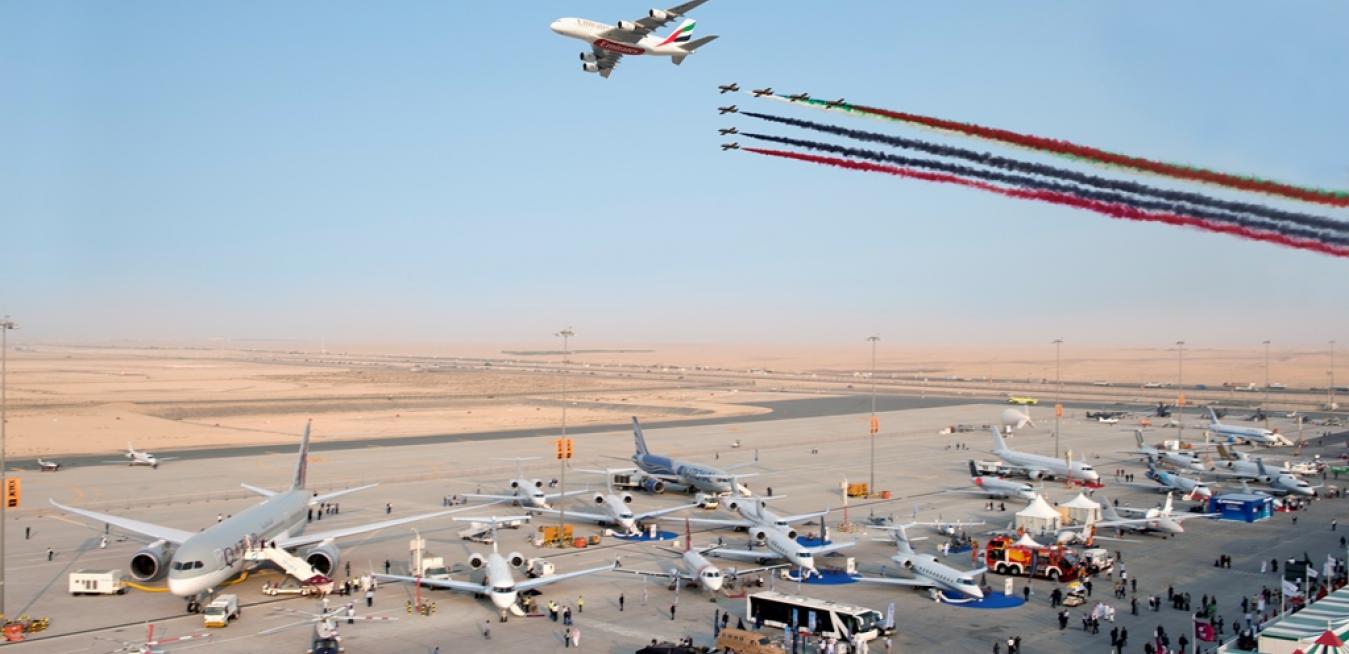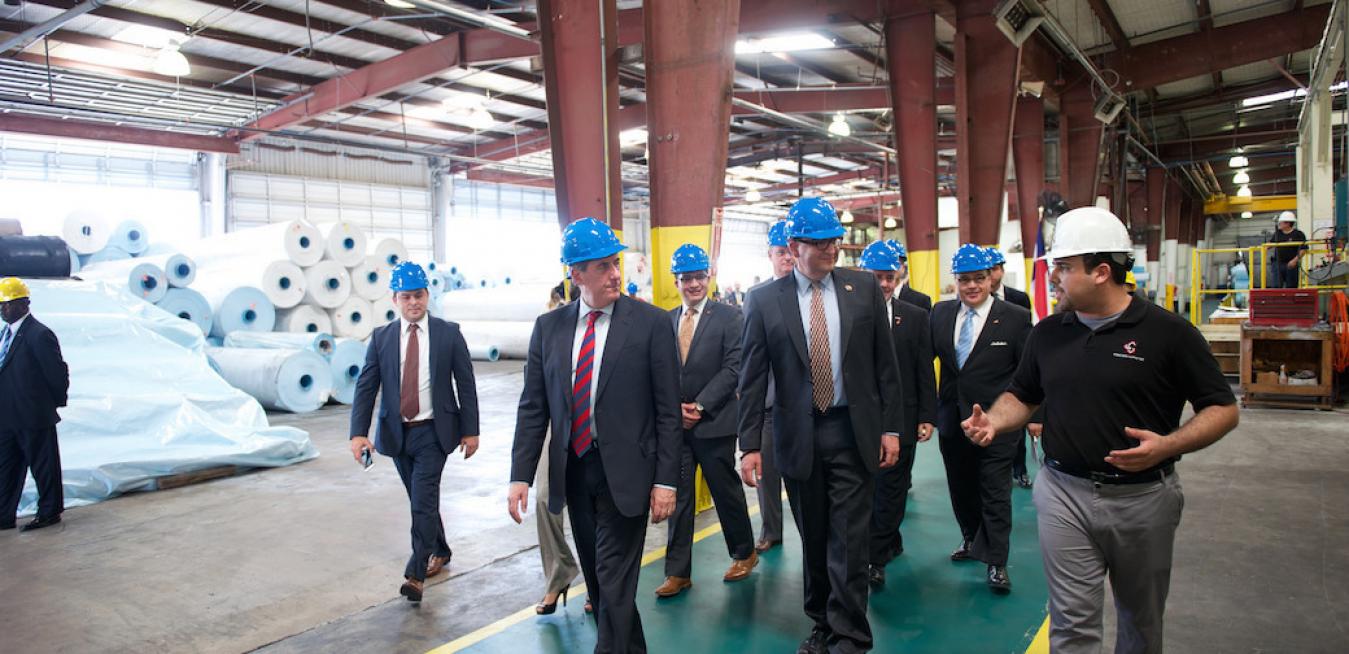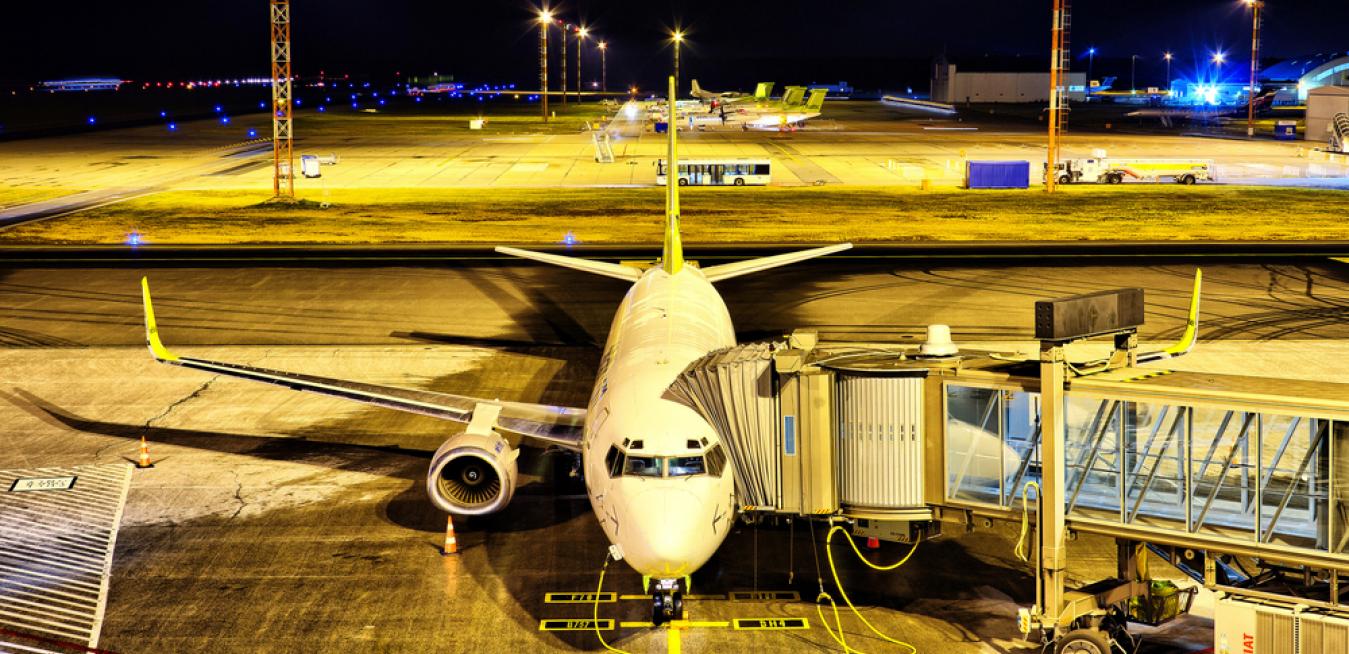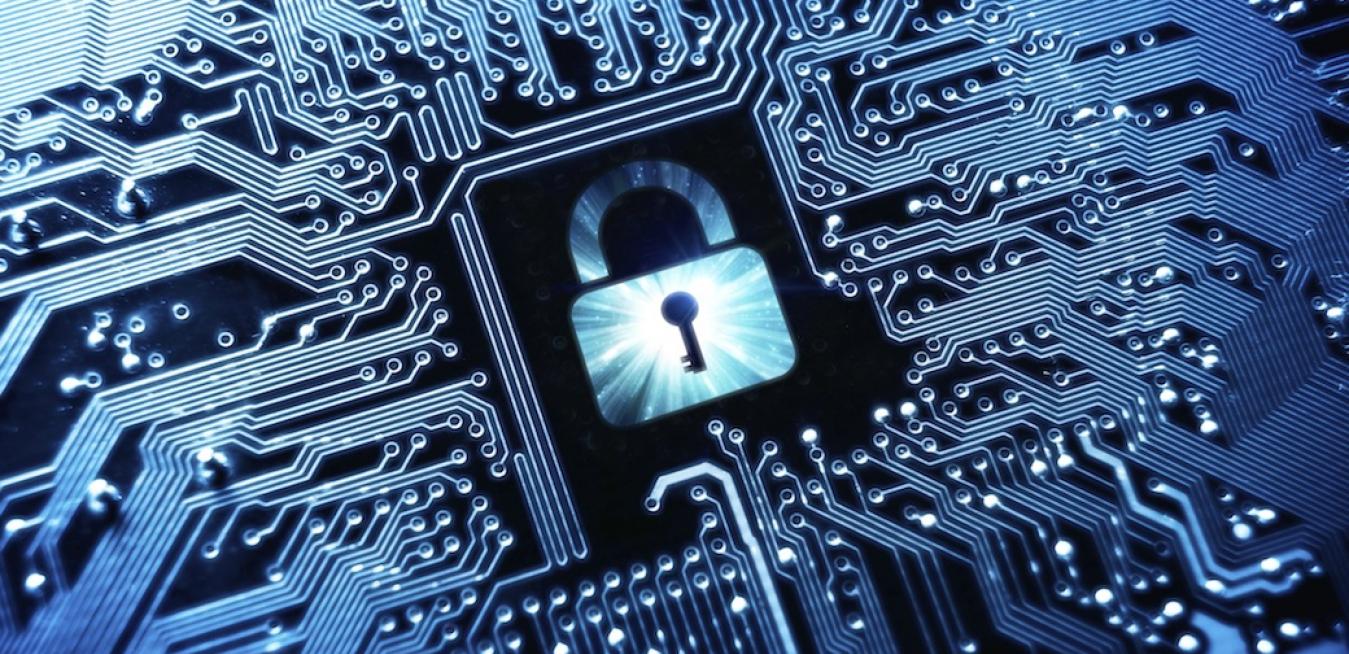America is at a crossroads in the world economy. If we don’t take the lead in writing the economic rules of the road through trade agreements like the Trans-Pacific Partnership (TPP), other countries will.
The United States economy continues to gain strength and create new jobs and opportunities for the American middle class, while acting as a driver of the global economy.In the era of Big Data, project managers need a new skillset and mindset.
Before 1998, the word terabyte didn’t exist. In 2007, the first 1 terabyte hard drive was brought to market. By 2020, we expect GE machines to produce 10 to the 6 terabytes per day of information — 1 million times the size of that hard disk. At GE Oil & Gas, we have unprecedented access to information about our technology and networks, from cradle to grave.
It wasn’t just luck that the Ebola epidemic didn’t spread once it reached Lagos. Here’s what other countries can learn from Nigeria’s effective response.
A horror never before seen unfolded in late spring and summer 2014: the first urban Ebola epidemic in human history.
As Ebola spread through the densely populated urban center of Monrovia, Liberia, cases overwhelmed the country’s fragile health infrastructure. Hospitals and Ebola treatment units overflowed with sick and suffering patients; television crews filmed people dying in the streets.
Technological advances from the Industrial Internet to renewables are transforming the energy industry. Here are the key trends to watch over the next decade.
Hyper-connectivity is transforming many industries — few more so than the energy sector. The expansion of the industrial Internet and power of Big Data analytics is enabling power companies to predict maintenance failures and approach zero downtime, while smartgrids and apps are empowering consumers to become producers.
The aviation industry must work together to achieve sustainable growth, sharing the burden as well as the benefits.
Instead of trying to guess the risk of cyber attacks, companies should view their industrial assets like an unlocked car — and simply focus on stopping attacks from occurring in the first place.
Part of my job is to evangelize the need for cyber security solutions to protect industrial control systems (ICS). In many instances, when I meet with executives from companies who own or operate industrial technology, they are already aware that their control systems are at risk from cyber attacks.
The industrial app economy will spur innovation by enabling a more seamless environment for people and machines to work smarter and more efficiently together.
We live in a world of apps. They have become so pervasive in our daily experience that we don’t even think about it anymore: an app wakes us in the morning, and another app reports the quality of our sleep; we use apps to move around town, book restaurants and movies, track our weight and physical activity, meet friends, stream music and keep up with the news. Life is an app.
As they invest in smart technologies to improve services and save money, cities also need to step up security against cyber threats.
Cities are incorporating new technologies at an increasingly rapid pace, becoming ever smarter. Newer technologies — along with faster and easier connectivity — allow cities to optimize resources, save money and provide better services to their citizens.














